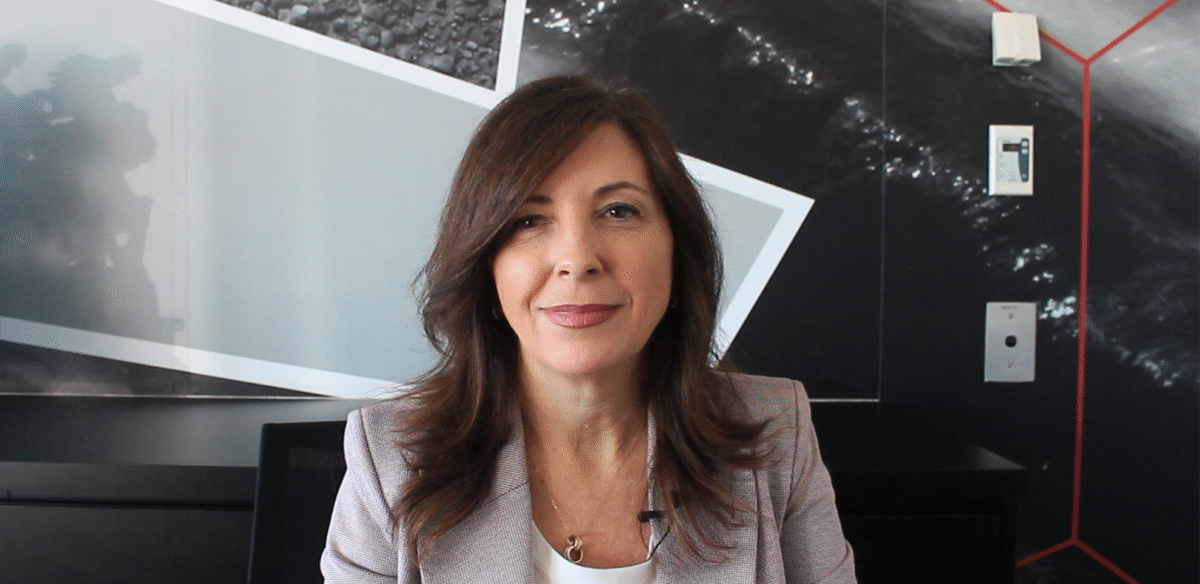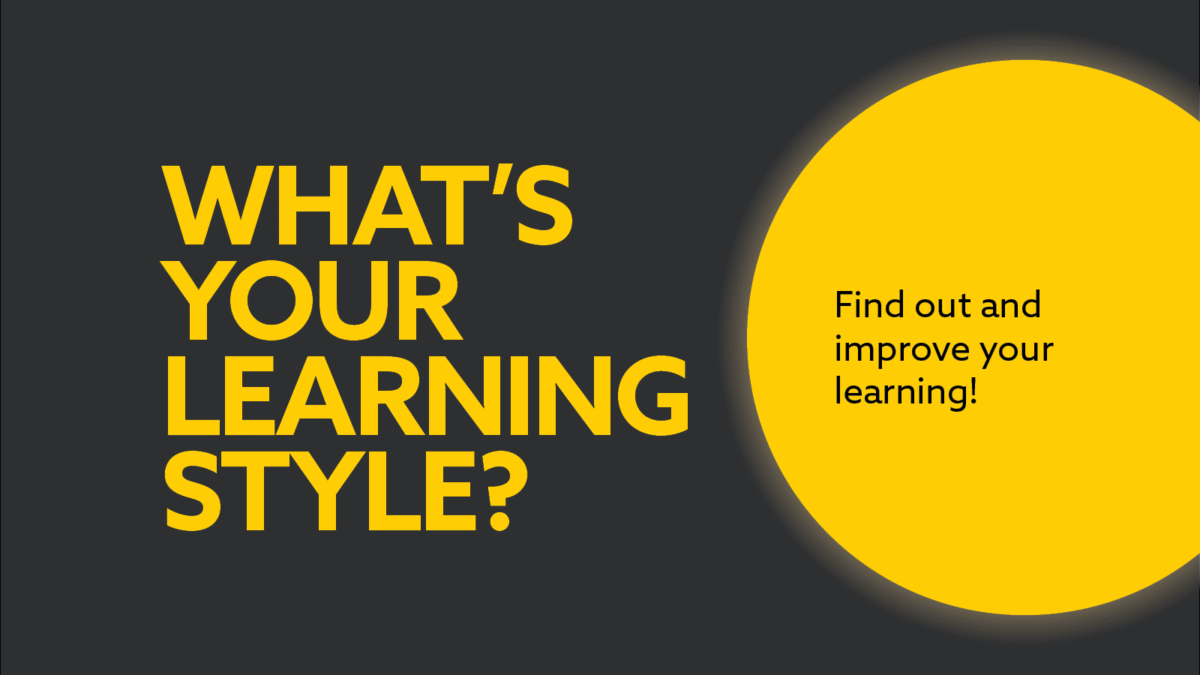Katharina Naswall, University of Canterbury and Sanna Malinen, University of Canterbury
Most workers will be familiar with this scene: a meeting that goes round and round on a topic – one that may not be important to the priorities of the company. People leave the meeting frustrated and unheard. And the whole experience is repeated the next time everyone meets.
But does this have to be inevitable? Or is there a better way to organise how we interact within teams to support effective decision making?
Team decision making is thought to be critical for organisational success. Yet there are often real challenges that lead to conflict and confusion.
In our ongoing research, we define effective team decision making as a process of understanding a complex problem, identifying alternative solutions, and finally selecting the most appropriate option to meet the team’s objectives.
For this process to work, it is essential there is a culture that promotes diversity of backgrounds and perspectives. This leads to increased experience, intelligence, competence and task-relevant knowledge, as well as better overall problem solving capacity for the team.
Creating a safe environment
But creating an environment where team members feel safe to share their thoughts and opinions, especially if they are not in line with the majority view, is often easier said than done.
This is where the concepts of psychological safety and independent thinking come into play.
Psychological safety means team members can express their ideas and opinions without the fear of negative responses. It permits challenging others – even those in a position of power.
When team members operate in an environment with high psychological safety, they are more likely to share their diverse perspectives and ideas. This leads to better decision making.
Independent thinking means team members are encouraged to share their perspectives without modifying or moderating them.
This enables them to collectively engage in critical thinking and challenge the status quo. It can lead to more innovative and creative solutions and can also foster a sense of ownership and buy-in among team members.
By supporting independent thinking, teams can develop a culture of continuous improvement and adaptability, essential in today’s rapidly changing business environment.
Feeling safe and included
Our study investigated the relationships between positive team culture factors – psychological safety and independent thinking, as well as inclusion, and their impact on effective team decision making.
Participants from 35 New Zealand-based decision-making teams completed an online survey asking them to recall a complex decision faced by their group. They were also asked whether their group demonstrated effective decision making.
We found participants who described higher levels of psychological safety were more likely to report effective decision making. For example, over 60% of those who agreed to the statement “I feel safe offering new ideas, even if they aren’t fully formed plans” also agreed with the statement “the selected solutions were of high quality”.
Feeling psychologically safe and able to communicate without fear of negative consequences is important for effective decision making.
Effective decision making was also more likely when team culture encouraged independent thinking. This suggests that to function effectively, teams need different perspectives to improve how information is processed and complexity is addressed. This is further enabled by a psychologically safe environment.
Our findings related to inclusion were mixed and dependent on how it was defined. When inclusion means the appropriate participation of team members in the decision-making process, it was associated with effective decision making.
But when inclusion was defined as being “perceived as an esteemed member of the group and belonging”, it was not significantly related to effective decision making.
So perhaps feeling “truly part of the team” is not essential, so long as team members are brought into the decision-making process whenever they can add value.
We also found longer tenure within a particular team was positively associated with effective decision making. Familiarity with colleagues has been shown to be especially helpful in ambiguous, uncertain and changing work environments.
Understanding team dynamics for better results
Our study shows both psychological safety and independent thinking are important for effective team decision making.
Leaders play a crucial role in promoting psychological safety within their teams. They can model behaviours that support psychological safety by exhibiting vulnerability, being authentic, and being willing to listen and discuss new and innovative ways of doing things.
It is essential leaders make creating a positive team culture a priority – one that fosters psychological safety and encourages team members to share their unique viewpoints.
Leaders can do this by:
- Following an effective decision-making process. This involves considering the team’s objectives, understanding the problem or opportunity being addressed, applying a range of perspectives, considering more than one potential solution, and selecting solutions that are best aligned with the team’s objectives.
- Fostering psychological safety by having a shared set of values and a clear vision to support constructive discussion. Encourage curiosity instead of allowing defensiveness, and frame decision making as a team sport – not a win (or loss) for the individuals whose ideas are supported (or discarded).
- Supporting independent thinking and expression by allowing team members to share their view before they are exposed to the views of others. This could involve a poll, or pre-meeting written contribution. Leaders should also avoid unduly influencing team members by sharing their view first, or by very narrowly framing the scope for team discussion.
Following this approach, leaders can unlock effective decision making and improve overall performance – banishing unproductive team meetings for good.
The research presented in this article was conducted by Story Dealy Cottrell as part of her MSc thesis, in collaboration with Lloyd Mander of DOT Scorecard
Katharina Naswall, Professor of Organisational Psychology, University of Canterbury and Sanna Malinen, Professor of Organisational Behaviour, University of Canterbury
This article is republished from The Conversation under a Creative Commons license. Read the original article.


 Visual – you prefer the use of images, maps and graphics over words.
Visual – you prefer the use of images, maps and graphics over words. Auditory – you understand best by taking in information through listening or speaking, e.g. in lectures, live classrooms or group discussions. You remember things that you are told verbally.
Auditory – you understand best by taking in information through listening or speaking, e.g. in lectures, live classrooms or group discussions. You remember things that you are told verbally. Reading and writing – you are a note taker and read your study notes in order to process information.
Reading and writing – you are a note taker and read your study notes in order to process information. Hands-on (Kinaesthetic) – you learn best by ‘doing’ rather than watching.
Hands-on (Kinaesthetic) – you learn best by ‘doing’ rather than watching.







